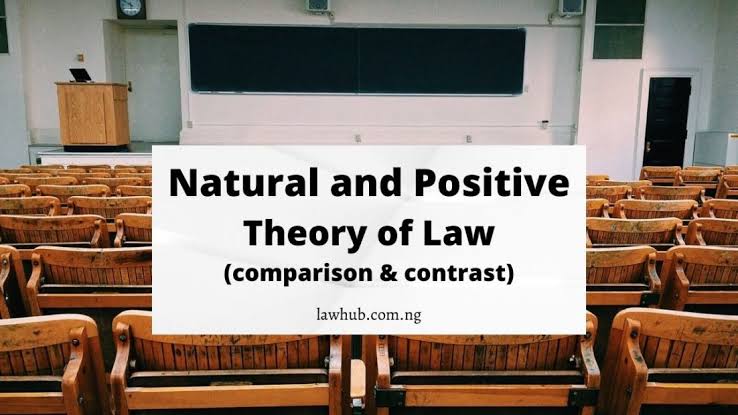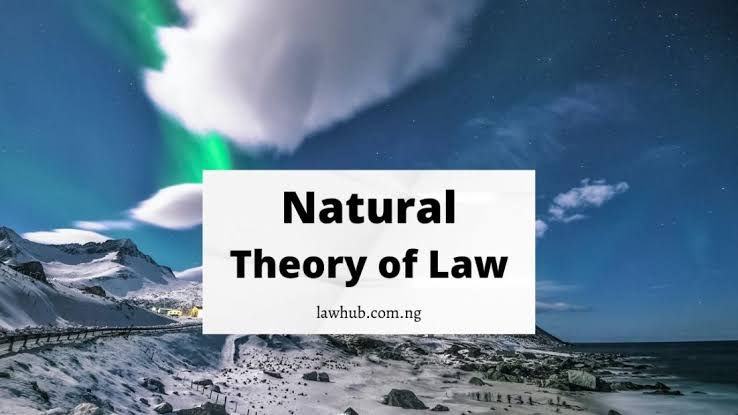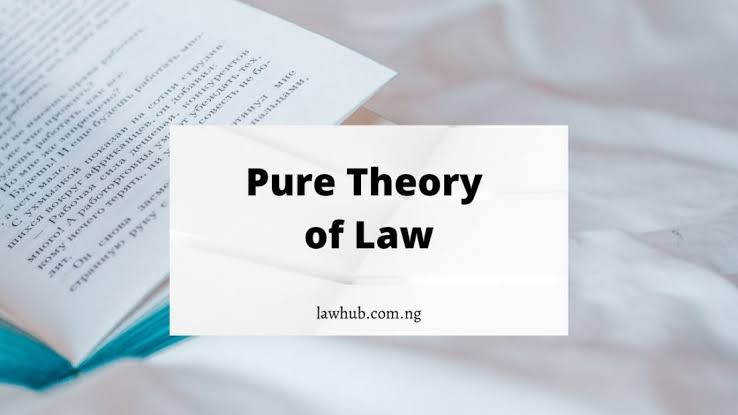Tag: legal definitions
-

Classifications Of Law as servant Not Master It is important to know this. That the classifications of law are the lawyer’s servant, not his master. With simple semantic analysis, the classifications of law are the classes or groups into which laws have been divided or segmented, according to some common relations or attributes. Some of…
-

Comparison and Contrast of Natural and Positive Theory of Law These two are most likely the most popular of the theories of Law. Perhaps, because they are simple and easy to understand. Nevertheless, they can also be confusing or hard to get. So, it is important that we know the similarities and differences between the…
-

Natural Theory of Law Natural law is a broad and often misapplied term. It goes around various schools of thought in different disciplines like Philosophy, Science, Law, etc. In the light of this fact, it is therefore crucial that a clear understanding about the subject-matter be gotten. This includes the understanding of the keywords, ‘natural’…

